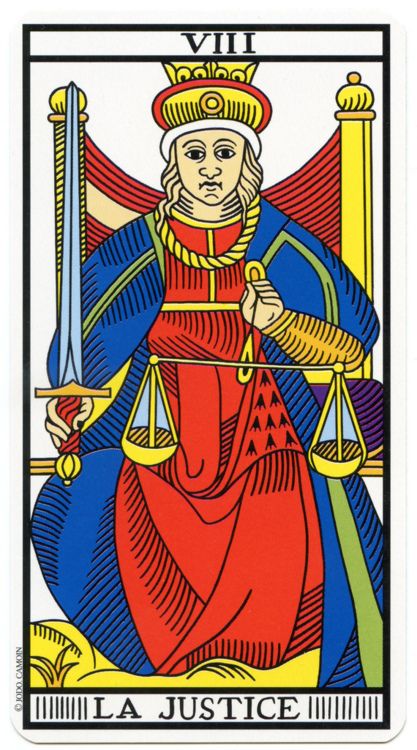In English: Reconsidering EU policy options in Somalia
INTERVIEW SUR LA SITUATION POLITIQUE PUBLIÉE SUR RFI – 19 FÉVRIER 2021
Interview sur la crise électorale – Radio Vatican, 26 avril 2021.
Tribune / Opinion qui attend publication dans la presse francophone, rédigée le 11 février 2021
L’Union Européenne dépense depuis des décennies des milliards d’euros en Somalie, mais le bilan de cet engagement est plus que décevant. Si bien la société Somalienne, dynamique, connait un certain essor, le gouvernement de l’État fédéral et de ses états membres, que la communauté internationale s’est engagée à soutenir, reste paralysé par les luttes pour le pouvoir entre les clans. Ce gouvernement, dépendant de l’aide internationale et profondément corrompu, jouit de peu de soutien populaire, d’autant plus qu’il est incapable de démarrer le développement du pays exsangue. Ayant échoué à tenir des élections avant le 8 février, quand leur mandat est arrivé à terme, le Président Farmaajo et son cabinet sont même techniquement illégitimes : une bonne occasion pour l’Europe d’infléchir sa politique.
Continue reading

